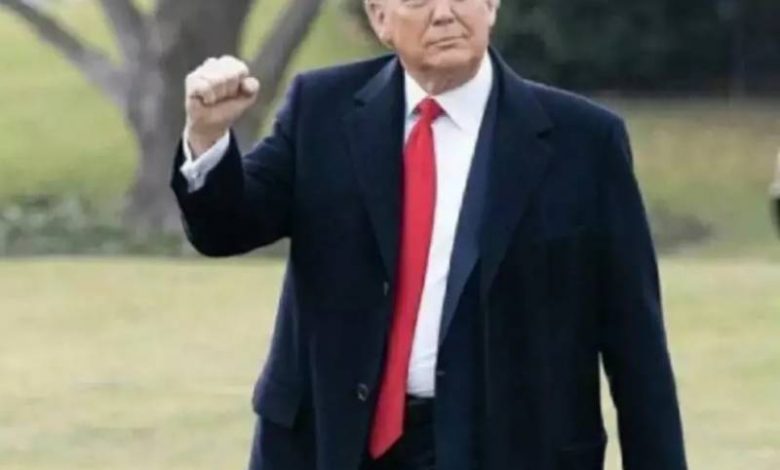US Supreme Court rules in favour of Trump

Unanimously dismissing a state court ruling that could have barred him from the ballot for engaging in insurrection, the US Supreme Court on Monday removed a potential hurdle to Donald Trump’s bid to recapture the White House.
PauseUnmute
Loaded: 9.70%
Remaining Time -10:03
The ruling in favor of the former president came on the eve of the Super Tuesday primaries that are expected to cement Trump’s march toward the Republican nomination to take on President Joe Biden in November.
It was the most consequential election case heard by the court since it halted the Florida vote recount in 2000 with Republican George W Bush narrowly leading Democrat Al Gore.
The question before the nine justices was whether Trump was ineligible to appear on the Republican presidential primary ballot in Colorado because he engaged in an insurrection — the January 6, 2021 assault on the US Capitol by his supporters.
In a 9-0 decision, the conservative-dominated court said “the judgment of the Colorado Supreme Court… cannot stand,” meaning 77-year-old Trump, the Republican White House frontrunner, can appear on the state’s primary ballot.
“All nine Members of the Court agree with that result,” they added.
The case stemmed from a ruling in December by the state Supreme Court in Colorado, one of the 15 states and territories voting on Super Tuesday.
The court, citing the 14th Amendment to the Constitution, ruled that Trump should be kicked off the ballot because of his role in the January 6 attack on Congress, when a mob tried to halt certification of Biden’s 2020 election victory.
Section 3 of the 14th Amendment bars anyone from holding public office if they engaged in “insurrection or rebellion” after once pledging to support and defend the Constitution.
But during two hours of arguments last month, both conservative and liberal justices on the US Supreme Court expressed concern about having individual states decide which candidates can be on the presidential ballot this November.
On Monday, the top court ruled that “responsibility for enforcing Section 3 against federal officeholders and candidates rests with Congress and not the States.”




